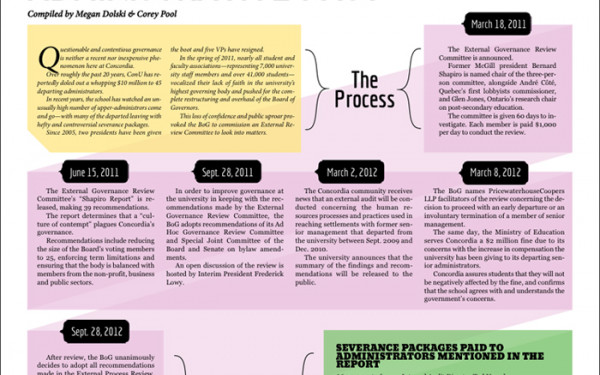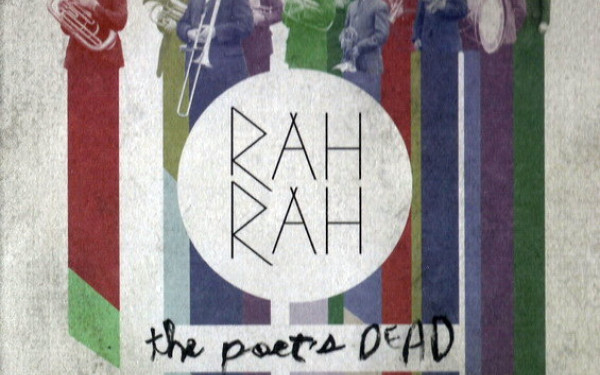Refusing Silence
Articule Presents Pinned Down by Maria Ezcurra
A hundred thousand pins for roughly a hundred thousand people, said to be killed in Mexico’s ongoing drug war. It may seem crazy to imagine such a large number of pins bunched up into a pile only a few feet wide, but Maria Ezcurra’s latest artwork seeks to represent facts and make audiences reflect on them. The work, entitled Pinned Down (or how to keep hiding thousands of needles in a haystack), opens at Montreal’s Articule on Sept. 23.
Almost a year ago on Sept. 26, 2014, 43 students from the Ayotzinapa Rural Teacher’s College in Iguala, Mexico were kidnapped on their way out of their rural town for a protest against government funding programs.
When the story went public, prosecutors who investigated the mass kidnapping said that the students who were stopped by the police might have been secretly working for a local gang. They purportedly got into a confrontation with the police when they tried to steal buses to take to and from the demonstration, according to human rights groups.
“The students disappeared and were killed. We still don’t know where they are,” said Ezcurra.
Dead bodies were found near the area of Iguala in the state of Guerrero, where the confrontations occurred, but there was never any confirmation that they were those of the students who were kidnapped that day. “There were no faces or names, no lists, and no records,” said Ezcurra. This meant she couldn’t include names of the students and teachers who were kidnapped in her project.
Maria Ezcurra is using this artwork in hopes of spreading awareness of the broader issues at hand across Latin America. The ongoing drug war between the Mexican government and drug cartels has caused many complex forms of violence in the country.
This case, in particular, was closed by the government, who chose to neglect the situation rather than investigate it further.
“[This art piece] was my way of doing something and participating in this exchange of ideas to denounce what is going on,” continued Ezcurra. “I think we have to make noise in order for things to change.”
“The situation is related to a lot of things that are happening in North America with people consuming drugs in Canada, the U.S., and Mexico,” she said.
“The parents of the missing students need people to know about the situation,” said Ezcurra. “They need to ask people around the world for support, so that the Mexican government won’t close this case so they can keep looking and find their children.”
The case generated alarm for many people because the students were not known to have any criminal ties. Moreover, the police’s potentially violent involvement caused great confusion to the people of the state and the rest of the world.
According to an article published by the New York Times on Oct. 6, 2014, the students at the Ayotzinapa Rural Teacher’s College in Iguala had been soliciting money for a demonstration on Oct. 2, to protest budget cuts to their state-financed school. In addition, the college has been known to ignite local social justice movements that have provoked violence in the past.
Growing up in Mexico and being a student and teacher herself, Ezcurra feels she can relate to the situation, but she also feels a disconnect from it. A PhD candidant in Art Education, she currently lives in Montreal and has brought her teaching experiences from Mexico to a couple of courses at Concordia over the past ten years.
Creating Pinned Down was her way of using her voice to spread the word on the larger situation in Mexico. She is aiming to incite positive change for the crisis happening back in her hometown.
“I feel so far away,” she said. “It’s hard to participate in demonstrations in Mexico because it’s too far, but Montreal is so multicultural, so people are very aware of what’s happening around the world […] people care and follow the stories and ask questions.”
Ezcurra wanted to do something symbolic to best represent the situation. “One hundred thousand is really a big number. I thought pins were a simple way of representing the number, and it’s something that you can use easily and mend. Putting them all together makes it strong and big and you can’t miss it anymore,” she said.
The pins, which represent the number of people killed or reported missing over the last decade in drug affiliated conflicts, are placed over a map of Mexico that is cut out of metal, and they are held together with carefully placed magnets. Audience members are invited to take a pin and talk with the artist about the idea behind the work. In return, Ezcurra will give each person a black ribbon, to represent a person who died in the drug war.
“You relate and [are] more in contact with the situation this way. It helps you understand how big the number is,” said Ezcurra.
Ezcurra often works with clothing and addresses subjects of violence, memory and identity in her art projects.
“[Clothing] is something we interpret unconsciously, something we all use and can relate to,” she said. “The fact that clothing is in touch with the body makes it very personal and social. I have worked with [it] in many different ways to represent cultures and foundations, performance, gender roles, violence, memory and immigration.”
The display of the artwork runs for one day only at Montreal’s Articule, marking the one-year anniversary of the disappearance of the students.


_600_832_s.png)




